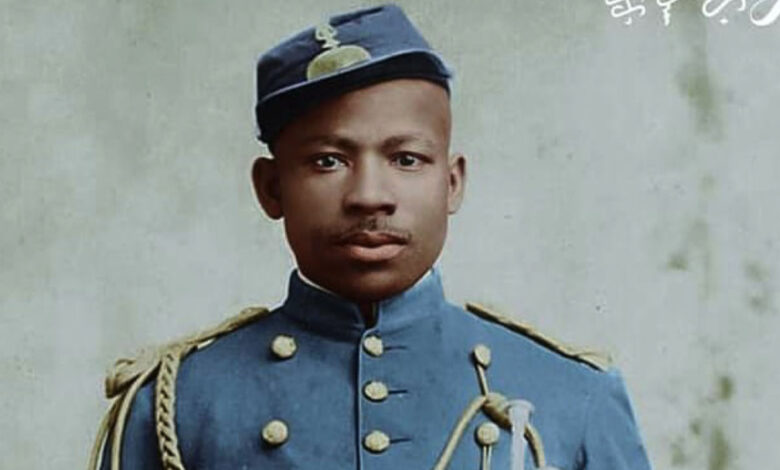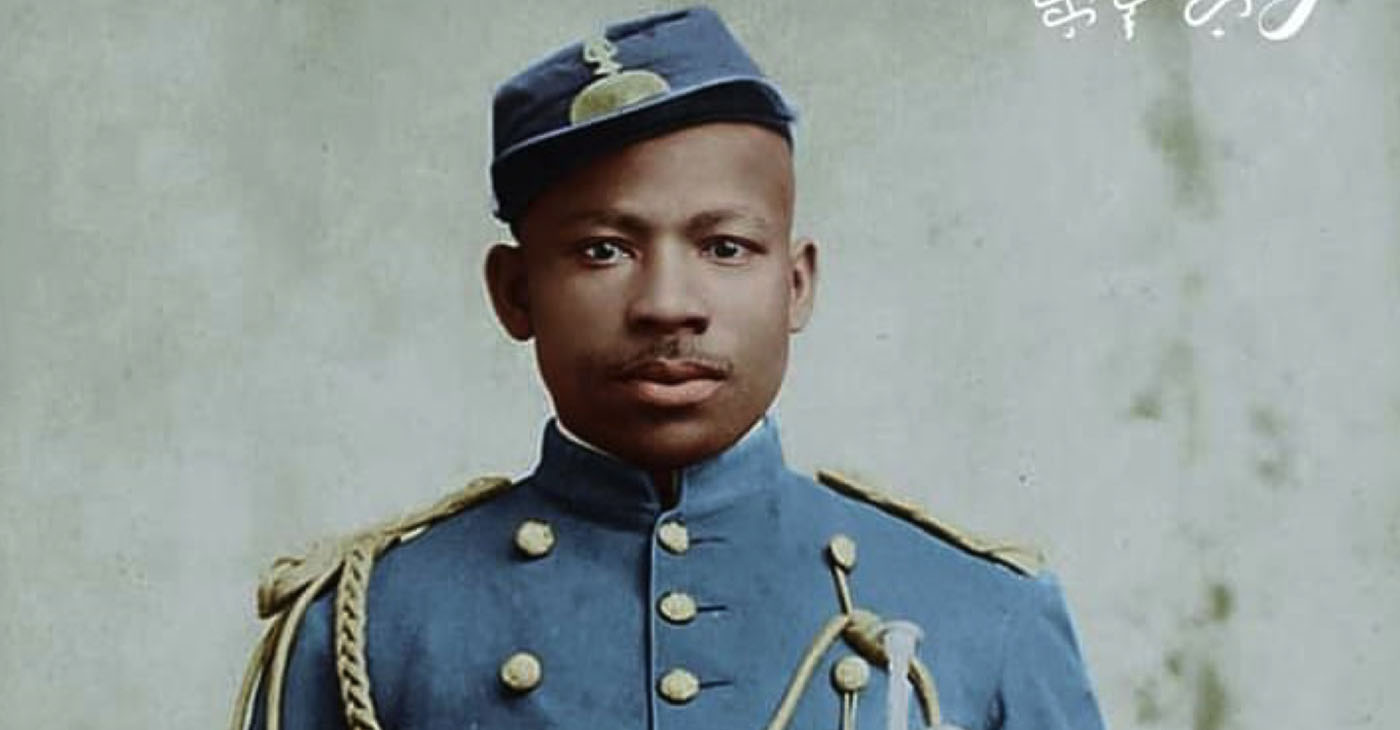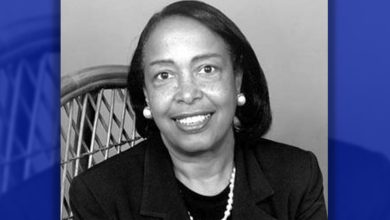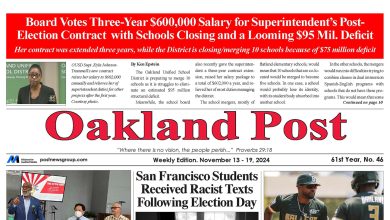During Black History Month Don’t Forget David Fagen

By Emil Guillermo
Black history is American history is Asian American history.
Don’t let anyone tell you otherwise.
When the American is an African American in Asia, that’s a rich history worth contemplating.
If the name David Fagen doesn’t roll off your lips, or immediately come to mind, then remember it now. It’s a history lesson and a humanity lesson that bears repeating.
For the history buffs, Fagen was an African American born in Florida in 1875. It was after slavery, after the Civil War, and yet was there really much difference? You still had Blacks who were lynched, burned and murdered in the South.
This was the reality for Fagen, who joined the segregated, all-Black 24th Infantry and was sent to fight Native Americans as a “Buffalo Soldier.”
His unit was so good that the Army sent them to Cuba for the Spanish American War. And then they were dispatched to the Philippines for what I’d rather call the U.S.-Philippine War, reserving the lead position to the aggressor.
The first shots were fired Feb. 4, 1899.
It was around that time that Fagen started hearing the “N” word being hurled about. But when he turned his head, the Filipinos turned their heads, too. The white officers were calling Filipinos the “N” word.
The “N” word as the “F” word?
That’s when the soul searching began for Fagen. How could any African American with integrity or empathy fight a white man’s war and turn his gun on another person of color fighting for freedom?
I don’t know how Fagen felt about the Native Americans he encountered in previous campaigns, but by the time he was in the jungles of the Philippines, he changed.
Fagen could no longer fight for the U.S. imperial army. He became one of 15 to 30 deserters among the four units of Buffalo soldiers.
And he was the only one known to have joined the Filipino freedom fighters of the U.S.-Philippine War.
Others felt what Fagen felt. One of my favorite Black history books is William Gatewood’s, “Smoked Yankees and the Struggle for Empire: Letters From Negro Soldiers, 1898-1902.”
The letters make the racist nature of the war clear and provide an understanding for Fagen’s defection.
Gatewood’s book includes letters written by African American soldiers and published in the U.S. by the Black ethnic press, such as the Boston Post, the Cleveland Gazette, and the American Citizen in Kansas City.
“I feel sorry for these people and all that have come under the control of the United States,” wrote Patrick Mason, a sergeant in Fagen’s 24th Infantry, in a letter to the Cleveland Gazette. “The first thing in the morning is ‘(N-word)’ and the last thing at night is ‘(N-word).’ You are right in your opinions. I must not say as much as I am a soldier.”
It took the courage of humanity to take action like Fagen did.
If you’ve never heard of this history, it’s not surprising. It’s one that runs counter to America’s white supremacist narrative.
I was surprised that even my father, who was born under the American flag in the Philippines a few weeks after the U.S.-Philippine war started, had never heard anything about Fagen. That likely wasn’t taught in his colonized American school, where he learned English well enough to come to America in the 1920s as a colonized American national.
All throughout the discrimination my father endured in the U.S. (anti-miscegenation, lack of opportunities in employment and housing), he found himself in the Black community. But he still was in the throes of colonial mentality. Generally, that’s known as an acceptance of the white narrative, as ‘one goes along to get along’ in society.
Coincidentally, I’m telling my father’s story live on stage on from Feb. 16 – March 4 at Frigid NYC, the New York Fringe Festival, at the Under St. Marks Theater. But you don’t necessarily have to be in New York to experience it. See it from home with a livestream ticket, available at Fringe.NYC (https://www.frigid.nyc/event/6897:338/).
Emil Guillermo is a veteran Northern California journalist, speaker and commentator. He’s at www.amok.com.
The post During Black History Month Don’t Forget David Fagen first appeared on Post News Group.





